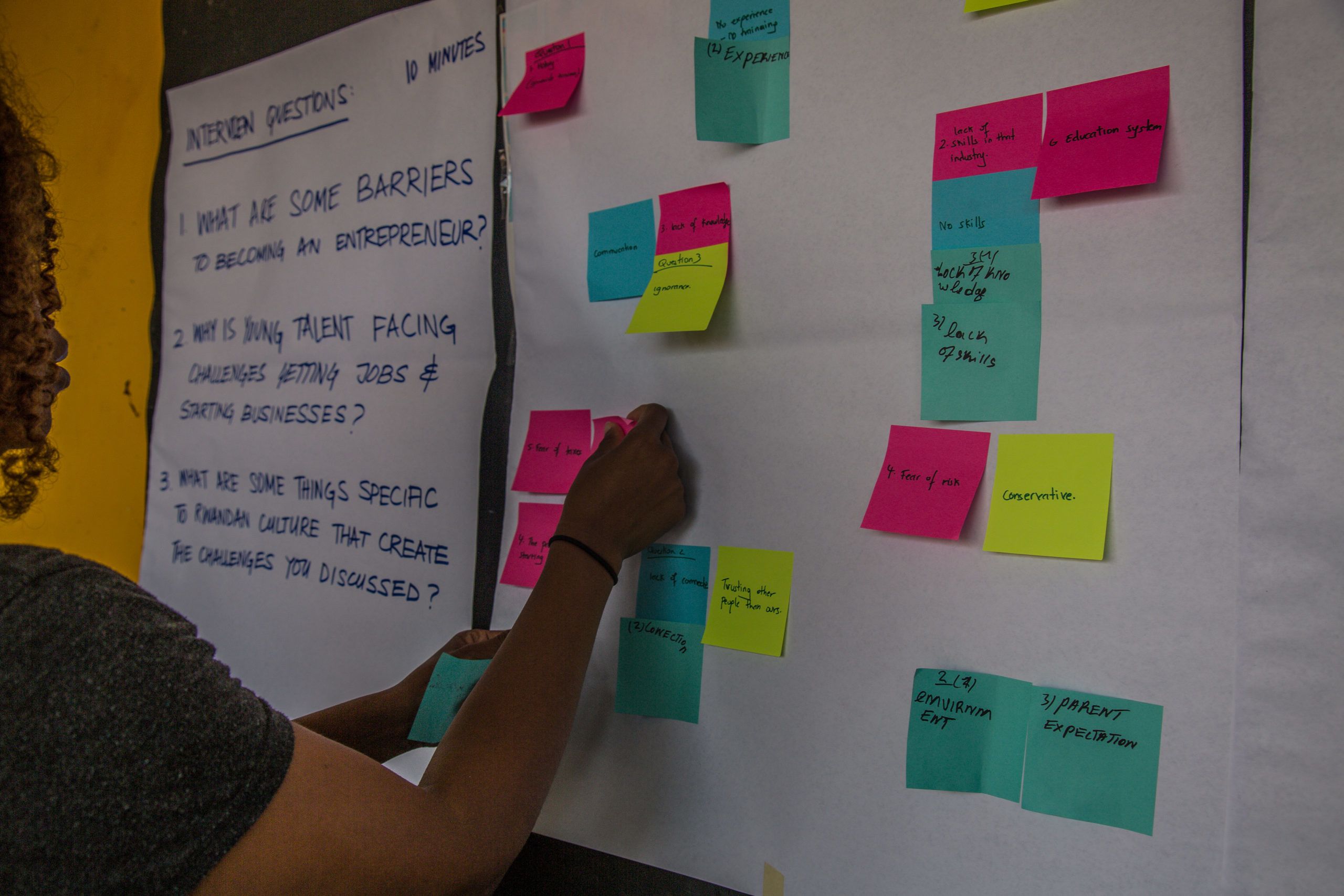Why This CGD Working Group? A Note on Background, Scope, and Mandate


Working group mandate: To develop a renewed agenda for the next generation of investments in impact evaluation—and evidence and evaluation systems more broadly—that will enhance their value for real-world decision making by government policymakers, multilateral organizations, bilateral aid agencies, and NGOs.
CGD is an independent, nonprofit, nonpartisan research organization that works to reduce global poverty and improve lives by generating independent research and actionable policy proposals on critical global development issues through an economics and financing lens. Since its founding in 2001, CGD’s research and policy analysis have focused on the need for better, more rigorous evidence on development impact; what works to improve lives in low- and middle-income countries; and how evidence-informed policies can enhance effectiveness and value-for-money in public and aid spending.
Many major initiatives have sprung from this emphasis. Most notably, CGD’s 2006 working group report When Will We Ever Learn?: Improving Lives Through Impact Evaluation (Savedoff et al. 2006) led to the creation of 3ie, now a trusted provider and broker of impact evaluation evidence.
Amid the significant progress and remaining challenges described in the previous section, CGD drew on its collaborative working group model, emphasis on global public goods, and experience in analyzing, brokering, and encouraging the uptake of evidence to convene a working group to reenergize commitment to, and funding for, the systematic use of evidence—and impact evaluation in particular—in development policies and programs. To this end, the project specifically aims to highlight how far impact evaluation and the evidence and evaluation field more broadly have come and to elevate the perspectives and experiences of policymakers from low- and middle-income countries.
In December 2020, CGD convened the Working Group on New Evidence Tools for Policy Impact, composed of government policymakers, multilateral organizations, bilateral aid agencies, and NGOs (see the introduction for complete membership and profiles). The group was tasked with reviewing recent progress and remaining challenges in the field and formulating recommendations for how to realize the full potential of impact evaluations and other evidence tools as essential elements of evidence-informed policymaking. The group met four times: December 2020, March 2021, May 2021, and June 2022. To inform the working group’s deliberations, CGD also conducted extensive background research and commissioned original research on evidence-to-policy partnerships and rapid evaluations. The project benefited immensely from members’ collective knowledge of policy processes and incentives, evaluation studies, and evidence resources and was further aided by consultations with nearly 100 policymakers and evidence experts.
While acknowledging that impact evaluation is an important part—but only a part—of a knowledge system that captures relevant and timely information for public policy decision making, the working group focused on impact evaluation as a form of knowledge-generation that is uniquely suited to estimating the net on attributable impact of a policy, program, or intervention social and economic outcomes of interest, which is an essential input for optimal resource allocation. The group focused on key actions to better target and structure the next phase of funding in ways that enhance the value of impact evaluations for public policymaking. The primary audience for the recommendations is evaluation funders—governments, multilateral and bilateral donors, and philanthropies.
Why Now? A Window of Opportunity
Public policy needs are evolving rapidly—as are opportunities to address today’s problems and achieve greater efficiencies in public spending. We see five factors that contribute to an unprecedented opportunity to enact lasting change:
1. As the far-reaching impacts of the COVID-19 pandemic persist, the need for high-quality, timely evidence on the effectiveness of public programs, including pandemic response efforts, deeply resonates with a wide group of stakeholders.
2. The development community has placed a renewed focus on building and advancing more equitable partnerships. This includes pressure to place greater value on understanding local contexts and national priorities. A renewed agenda for research and evaluation that centers on decision-making needs, talent, and expertise in resource-constrained settings fits well within this paradigm shift.
3. As multilateral development banks and other international entities mobilize significant budget support for governments around the world to weather and recover from the COVID-19 crisis, the need to maximize value-for-money of public spending by national governments is in the spotlight.
4. Five years before the “deadline” for the 2030 Sustainable Development Goals, new negotiations will begin around the next set of global commitments. Bringing impact evaluation evidence to bear on this process can help pave the way for evidence-based goals and priorities.
5. As philanthropies explore how to deliver greater accountability and alignment, funding that genuinely responds to governments’ decision-making needs and strengthens the capacity of public agencies to implement evidence-based programs is a powerful signal. Supporting governments to fulfill their commitments to citizens demonstrates the best of philanthropic engagement in public policy.
Collective action is needed now to change the funding landscape over the coming years.
Together, these factors offer a compelling opportunity to generate a reinvigorated global conversation about the role of evaluations and to rethink how to fund and conduct impact evaluation as part of evidence-based policymaking to yield lasting benefits for social and economic well-being. Collective action is needed now to change the funding landscape over the coming years.
